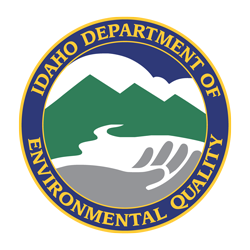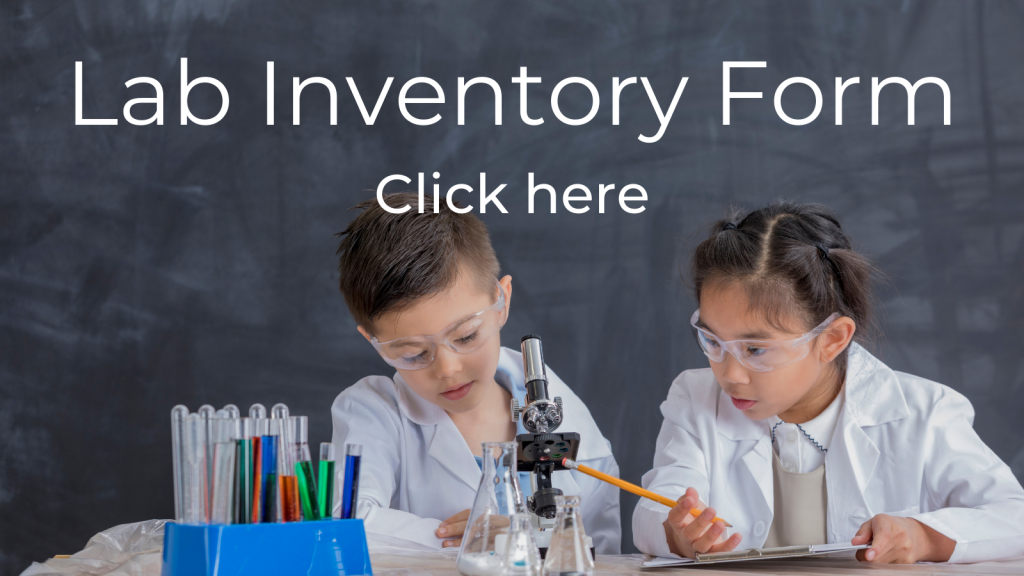DEQ works with schools across Idaho to implement pollution prevention practices. Schools across the state participate in our Clean Air Zone program to encourage parents to turn off their vehicles and reduce idling when picking up and dropping off their children. Additionally, we can assist with the characterization and disposal of hazardous lab chemicals, and encourage the use of less toxic alternatives for lab demonstrations. Learn how we can help your school eliminate waste and use less toxic chemicals.
This accordion will not appear on the screen
Vehicle emissions contain harmful compounds such as particulate matter, benzene, and formaldehyde that can negatively impact human health, particularly among children and individuals with respiratory conditions. To minimize these risks, our Clean Air Zone Program aims to reduce hazardous air emissions by encouraging parents to avoid idling in loading zones.
Join the Clean Air Zone to help reduce vehicle pollution! If your school is interested in joining, contact our pollution prevention coordinator to order free materials, including signage and stickers.
We provide access to green chemistry resources, replacement lab demonstrations, and legacy chemical waste disposal instructions.
Schools can take proactive measures to reduce the use of harmful chemicals in lab demonstrations switching to less harmful chemicals and properly disposing of legacy chemicals.
Use less toxic chemicals – Did you know you can demonstrate the equilibrium principle using iodide, household bleach, or tea instead of a cobalt chloride solution? Beyond Benign has helpful resources dedicated to replacing toxic chemicals in school labs.
Properly dispose of old lab chemicals – Many lab chemicals are designated as hazardous wastes:
- Corrosive compounds with pH below 2.0 or above 12.5
- Ignitable materials with flash point below 140 degrees Fahrenheit
- Toxic materials such as mercury or lead-containing compounds
- Reactive materials such as crystallized picric acid
Schools are required to follow the same rules as businesses when they generate, transport, and dispose of these wastes. We can help you identify hazardous wastes and assist with proper packaging, transport, and disposal. Contact DEQ’s Pollution Prevention Coordinator for more information.
Attend green chemistry continuing education courses – We partner with Beyond Benign to provide scholarships to Idaho teachers to attend an online training green chemistry course.
If you are a chemistry or science teacher in Idaho and are interested in participating in an online course for CEU credit, contact DEQ’s Pollution Prevention Coordinator to learn about training dates and registration information.
Mercury can be found throughout many schools, including science classrooms, nurse’s offices, and electrical rooms. In the event of a spill, mercury evaporates into an invisible, odorless, toxic vapor, posing significant human health risks. You can lessen the likelihood of a mercury spill at your school by replacing mercury-containing instruments and products with nonmercury alternatives, and properly disposing of or recycling mercury-containing products.
However, in the event of a spill, you should be prepared and have a mercury spill kit on hand. If you do not have a mercury spill kit, follow proper cleanup protocols.


